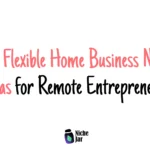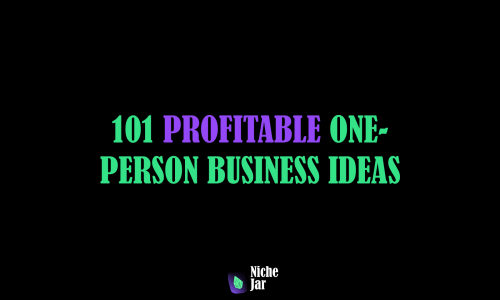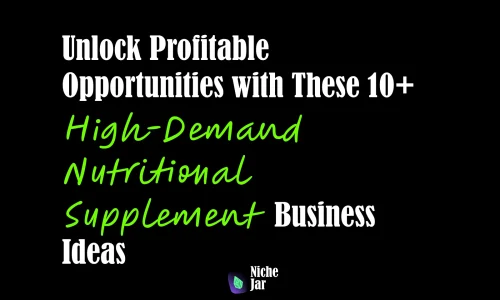- Senia
- 0 Comments
- 1135 Views
Have you ever thought about turning a Gluten-free lifestyle into a profitable venture? With more people seeking healthier food options, gluten-free business ideas are becoming increasingly lucrative. From home baking to specialty meal services, there are opportunities that can fit a range of budgets and skills.
The gluten-free food niche has grown significantly over the past decade. From what I’ve observed, people are not only avoiding gluten for medical reasons, such as celiac disease or gluten sensitivity, but also as part of a healthier lifestyle. This growing demand opens doors for everyday entrepreneurs to explore profitable home baking business ideas, start a gluten-free food service, or even create digital resources to support gluten-free living.
In this post, I’ll humbly share 20+ business ideas for the gluten-free niche, along with practical steps to start them, potential challenges, and ways to monetize. I’ve aimed to include realistic examples that anyone can relate to—because the truth is, building a successful business takes effort, patience, and small, consistent steps.
Here’s what you’ll find in this guide:
- Home-based gluten-free baking ideas
- Meal prep and delivery services
- Gluten-free product creation and e-commerce
- Content, courses, and digital products
- Retail and specialty store opportunities
By the end of this post, you should have a clear picture of which path might suit you best, the tools you need to get started, and the realistic steps to grow your business. Let’s dive in.

1. Gluten-Free Home Bakery
Description: Start baking gluten-free bread, muffins, cookies, or cakes from home. Focus on high-quality ingredients and unique recipes.
Why it’s profitable: Demand for specialty baked goods is growing. Many families prefer local bakeries over store-bought options due to freshness and taste.
Steps to start:
- Research local regulations for home food businesses.
- Develop 5-10 signature recipes.
- Start with small batches and sell to friends, neighbors, or farmers markets.
- Use social media for promotion.
Challenges & Solutions:
- Cross-contamination risk: Keep dedicated gluten-free equipment.
- Marketing: Offer free tastings at local events or partner with cafés.
Estimated Startup Costs: $500-$2,000 (ingredients, baking equipment, packaging).
Monetization: Product sales, custom orders, local subscriptions.
Example: A small-town baker started with a home oven and now supplies gluten-free pastries to three local cafés.

2. Gluten-Free Meal Prep & Delivery
Description: Offer weekly meal plans or fully prepared gluten-free meals for busy individuals.
Why it’s profitable: Many people struggle to cook gluten-free at home due to time constraints.
Steps:
- Identify your target audience (e.g., office workers, families).
- Create a rotating menu.
- Set up a website or use food delivery platforms.
- Promote via social media and local health groups.
Challenges: Logistics of delivery; food safety. Solution: Use insulated packaging and clearly label meals.
Startup Costs: $1,000-$5,000 (ingredients, delivery containers, marketing).
Monetization: Subscription-based plans, single orders.
Example: A young entrepreneur built a subscriber base of 50 customers in 6 months with local deliveries.
3. Gluten-Free Snack Subscription Box
Description: Curate and send monthly boxes of gluten-free snacks to subscribers.
Why it’s profitable: Subscription boxes have steady recurring revenue and appeal to gift buyers.
Steps:
- Source snacks from local or online suppliers.
- Create themed boxes.
- Market via Instagram, YouTube, or food blogs.
Challenges: High shipping costs. Solution: Start local, then expand.
Startup Costs: $500-$3,000 (initial inventory, packaging, shipping).
Monetization: Subscription fees, affiliate partnerships with snack brands.
Example: A blogger turned their gluten-free recipe content into a monthly snack box with 200+ subscribers.
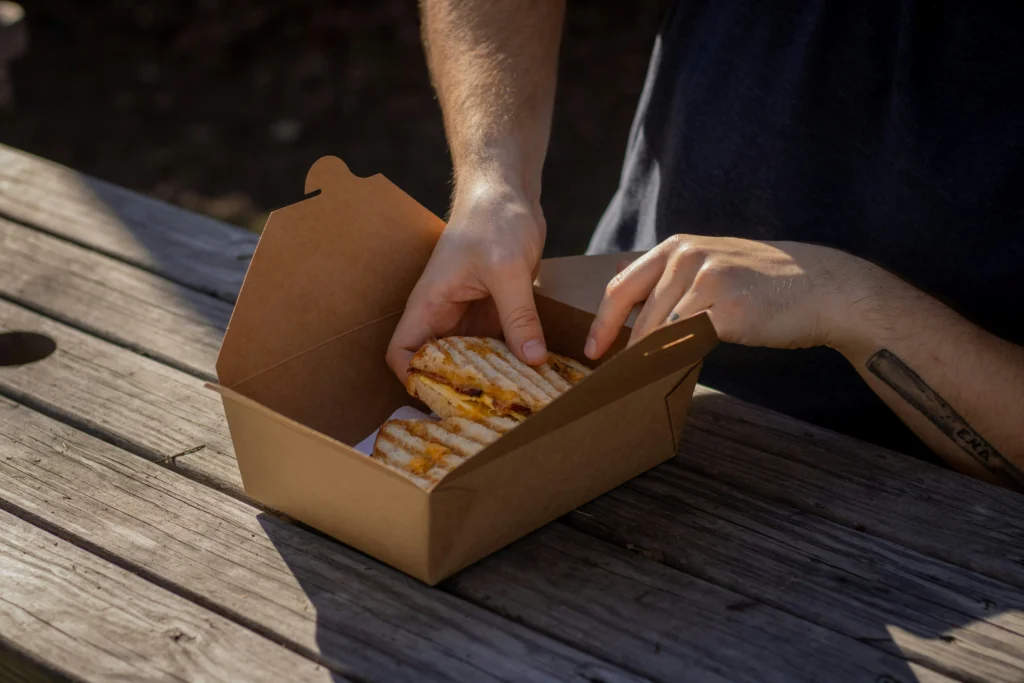
4. Gluten-Free Catering Service
Description: Provide gluten-free catering for parties, weddings, and corporate events.
Why it’s profitable: Event catering commands higher prices, and gluten-free options are often underserved.
Steps:
- Develop a catering menu.
- Network with event planners.
- Offer tasting sessions.
Challenges: Timing and large batch cooking. Solution: Hire assistants or start with smaller events.
Startup Costs: $2,000-$5,000 (equipment, ingredients, licenses).
Monetization: Per-event charges, custom menu upgrades.
Example: A small catering company started with birthday parties and grew to wedding contracts within two years.
5. Gluten-Free Recipe Blog or YouTube Channel
Description: Create content focused on gluten-free recipes and lifestyle.
Why it’s profitable: Monetization through ads, sponsorships, and affiliate links.
Steps:
- Pick a content platform.
- Publish high-quality, tested recipes.
- Use SEO-friendly titles and descriptions.
- Engage with the community via social media.
Challenges: Standing out in a crowded market. Solution: Niche down to “quick weeknight meals” or “gluten-free desserts.”
Startup Costs: $200-$1,000 (camera, hosting, software).
Monetization: Ads, affiliate products, sponsored posts.
Example: A home cook started posting recipes on YouTube and grew to 50k subscribers in a year.
6. Gluten-Free Cookbook
Description: Write and publish a cookbook for gluten-free cooking or baking.
Why it’s profitable: Niche cookbooks often sell well due to specific audience demand.
Steps:
- Compile tested recipes.
- Use self-publishing platforms like Amazon KDP.
- Promote via social media and email lists.
Challenges: Competition. Solution: Offer unique angles (e.g., budget-friendly, kid-friendly).
Startup Costs: $500-$2,000 (photography, editing, design).
Monetization: Book sales, e-book downloads, print-on-demand.
Example: A mother of two wrote a “Quick Gluten-Free Meals” book and sold 1,000 copies in three months.
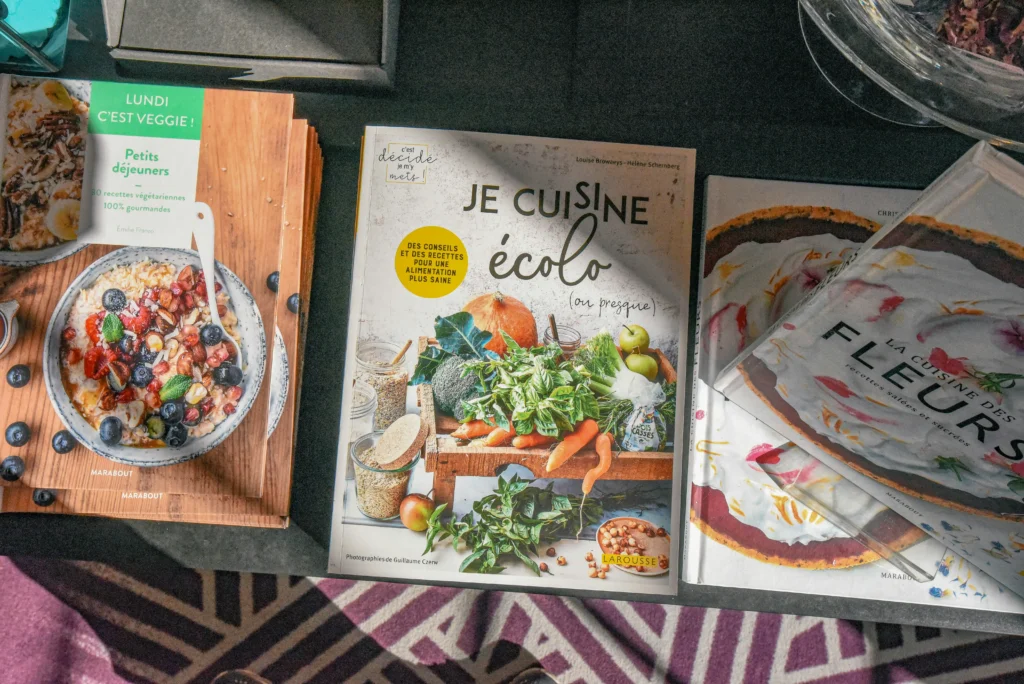
7. Gluten-Free Snack Production
Description: Make and sell packaged gluten-free snacks such as granola bars or cookies.
Why it’s profitable: Stores and cafés are looking for ready-made gluten-free products.
Steps:
- Research FDA or local labeling laws.
- Develop recipes for mass production.
- Start small at farmers markets or online.
Challenges: Shelf life and storage. Solution: Vacuum-sealed packaging or refrigerated items.
Startup Costs: $1,000-$5,000 (ingredients, packaging, kitchen rental if needed).
Monetization: Retail sales, bulk orders, online store.
Example: A baker started selling gluten-free granola bars online and partnered with 5 local stores within a year.
8. Gluten-Free Cooking Classes
Description: Teach online or in-person classes for gluten-free cooking and baking.
Why it’s profitable: Educational services have low overhead and can scale online.
Steps:
- Plan beginner-friendly lessons.
- Offer live or recorded sessions.
- Promote via local groups or online communities.
Challenges: Initial audience building. Solution: Offer free introductory classes to attract participants.
Startup Costs: $100-$500 (camera, ingredients, space rental).
Monetization: Course fees, e-books, live workshops.
Example: A home chef gained 100 paying students in 6 months through Instagram promotion.
9. Gluten-Free Food Truck
Description: Serve gluten-free meals, desserts, or snacks from a mobile food truck.
Why it’s profitable: Food trucks reduce the need for a full restaurant and can attend events for high traffic.
Steps:
- Research local permits.
- Develop a simple menu with unique gluten-free options.
- Use social media to announce locations.
Challenges: Initial investment. Solution: Start with pop-up events or shared kitchen spaces.
Startup Costs: $10,000-$40,000 (truck, equipment, permits).
Monetization: Direct sales, catering at events.
Example: A gluten-free food truck started at farmers markets and now serves corporate lunch orders.
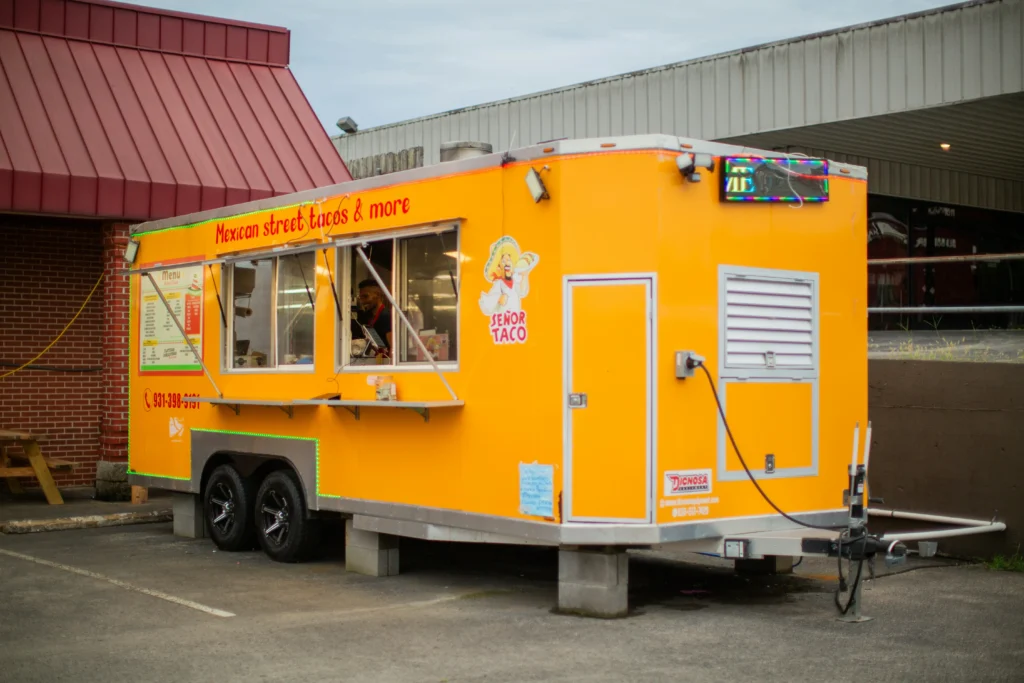
10. Gluten-Free Online Store
Description: Sell gluten-free pantry staples, baking mixes, and snacks online.
Why it’s profitable: E-commerce expands market beyond local limits.
Steps:
- Create an online store (Shopify, WooCommerce).
- Source high-demand products.
- Use content marketing and SEO to attract buyers.
Challenges: Shipping fragile or perishable items. Solution: Partner with reliable carriers, focus on shelf-stable products initially.
Startup Costs: $1,000-$5,000 (inventory, website, marketing).
Monetization: Product sales, bundles, subscription boxes.
Example: A small online store grew to 500 monthly orders by targeting gluten-free communities.
11. Gluten-Free Cafe or Coffee Shop
Description: Open a small cafe that offers only gluten-free pastries, sandwiches, and beverages.
Why it’s profitable: Many people avoid gluten and crave safe, local dining options. A dedicated gluten-free café can stand out in most cities.
Steps:
- Scout a location with good foot traffic.
- Design a menu with signature gluten-free items.
- Hire staff trained in safe food handling.
Challenges & Solutions:
- Higher ingredient costs: Emphasize quality and price transparency.
- Attracting initial customers: Offer tasting events or loyalty programs.
Startup Costs: $20,000–$50,000 (rent, equipment, permits).
Monetization: Dine-in sales, catering orders, branded merchandise.
Example: A small-town cafe started with a few signature gluten-free sandwiches and built a loyal community of customers.
12. Gluten-Free Chocolate or Confectionery
Description: Craft and sell gluten-free chocolates, candies, or truffles.
Why it’s profitable: Specialty sweets have high margins and appeal to health-conscious consumers.
Steps:
- Source certified gluten-free ingredients.
- Experiment with flavors and packaging.
- Sell at farmers markets, online, or via local stores.
Challenges & Solutions:
- Allergens: Clearly label all products.
- Shelf life: Use proper packaging or refrigerated options.
Startup Costs: $1,000–$5,000.
Monetization: Retail, online sales, gift boxes.
Example: A chocolatier started small with online orders and now supplies boutique stores.

13. Gluten-Free Meal Kit Service
Description: Deliver DIY gluten-free meal kits with pre-measured ingredients and recipes.
Why it’s profitable: Convenience is highly valued; meal kits save time while providing a safe gluten-free option.
Steps:
- Source fresh ingredients.
- Test easy-to-follow recipes.
- Create subscription or one-off order options.
Challenges & Solutions:
- Logistics of fresh delivery: Start local and scale gradually.
- Recipe simplicity: Focus on beginner-friendly meals.
Startup Costs: $2,000–$6,000.
Monetization: Subscription fees, bulk corporate orders.
Example: A small team started delivering weekly kits to 30 households and grew steadily through referrals.
14. Gluten-Free Smoothie or Juice Bar
Description: Serve fresh smoothies, juices, and shakes guaranteed gluten-free.
Why it’s profitable: Health-conscious consumers actively seek clean, safe drinks.
Steps:
- Choose a high-traffic location.
- Offer customizable options with gluten-free boosters.
- Collaborate with fitness centers or health events.
Challenges & Solutions:
- Inventory spoilage: Daily prep with local sourcing.
- Competition: Focus on gluten-free and allergen-friendly branding.
Startup Costs: $15,000–$35,000 (equipment, lease, ingredients).
Monetization: Walk-in sales, catering local events.
Example: A juice bar started with simple smoothies and expanded to pre-packaged grab-and-go bottles.
15. Gluten-Free Nutrition Consulting
Description: Offer personalized meal plans or coaching for people with gluten sensitivity or celiac disease.
Why it’s profitable: Professional guidance is in demand for those new to gluten-free lifestyles.
Steps:
- Obtain nutrition or dietitian certification.
- Offer online consultations and downloadable meal plans.
- Build credibility with testimonials.
Challenges & Solutions:
- Client trust: Share credible resources and case studies.
- Scheduling: Offer flexible online sessions.
Startup Costs: $500–$2,000 (certifications, website).
Monetization: Consulting fees, digital guides, affiliate products.
Example: A dietitian started with a few local clients and scaled online courses to a global audience.
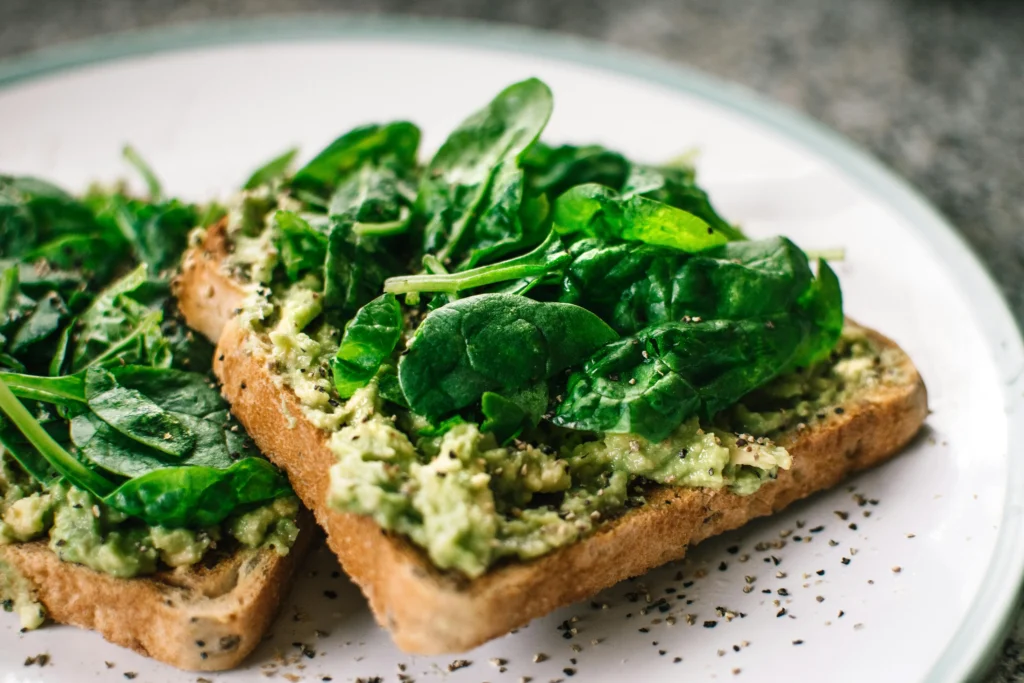
16. Gluten-Free Affiliate Marketing
Description: Promote gluten-free products through blogs, social media, or email newsletters.
Why it’s profitable: You can earn commissions without managing inventory.
Steps:
- Choose a niche (snacks, baking ingredients, meal kits).
- Join affiliate programs.
- Create content reviewing products and providing recipes.
Challenges & Solutions:
- Finding quality affiliates: Look for reputable brands.
- Audience building: Offer helpful tips, not just sales pitches.
Startup Costs: $100–$500 (website hosting, marketing tools).
Monetization: Affiliate commissions, sponsored posts.
Example: A blogger earned $500/month in passive income from recommending gluten-free snacks.
17. Gluten-Free Wholesale Supplier
Description: Supply gluten-free products to restaurants, cafes, or health stores.
Why it’s profitable: Bulk orders provide steady revenue streams.
Steps:
- Source or manufacture gluten-free items.
- Network with local businesses.
- Ensure consistent product quality.
Challenges & Solutions:
- Meeting demand: Start small, grow gradually.
- Compliance: Follow labeling and safety regulations.
Startup Costs: $3,000–$10,000 (inventory, storage).
Monetization: Wholesale pricing, recurring contracts.
Example: A supplier started with 3 local stores and expanded regionally within two years.
18. Gluten-Free Event Planning
Description: Organize events with fully gluten-free catering and products.
Why it’s profitable: Niche events like weddings, birthdays, or corporate meetings need specialized planning.
Steps:
- Build relationships with gluten-free caterers.
- Offer planning packages.
- Market through local communities and social media.
Challenges & Solutions:
- Limited suppliers: Build a vetted vendor list.
- Dietary restrictions: Always confirm client requirements.
Startup Costs: $500–$2,000 (marketing, website, event tools).
Monetization: Service fees, vendor commissions.
Example: An event planner specialized in gluten-free weddings and gained a loyal client base.

19. Gluten-Free Frozen Meals
Description: Sell ready-to-eat frozen gluten-free meals for busy households.
Why it’s profitable: Convenience foods have high demand, especially for specialized diets.
Steps:
- Develop freezable recipes.
- Package with clear labeling.
- Sell online or at local stores.
Challenges & Solutions:
- Storage: Use a commercial freezer or shared kitchen.
- Quality control: Test meals for taste after freezing.
Startup Costs: $2,000–$7,000 (ingredients, packaging, freezer).
Monetization: Direct sales, subscription boxes, retail.
Example: A small business started with a single freezer and now distributes to multiple local stores.
20. Gluten-Free Lifestyle Subscription Membership
Description: Create a membership platform for gluten-free recipes, tips, and community support.
Why it’s profitable: Recurring subscription fees provide consistent income.
Steps:
- Develop exclusive content (recipes, videos, guides).
- Build a website with membership capabilities.
- Foster an active community with forums or live Q&A.
Challenges & Solutions:
- Retention: Continuously add value and engage members.
- Content creation: Start with a content calendar.
Startup Costs: $500–$2,000 (website, content creation).
Monetization: Membership fees, affiliate products, ad sponsorships.
Example: A small gluten-free community now has 200 paying members and growing.
21. Gluten-Free Pet Treats
Description: Make and sell gluten-free dog or cat treats.
Why it’s profitable: Pet owners increasingly look for health-conscious options.
Steps:
- Develop safe gluten-free pet recipes.
- Package and label clearly.
- Sell online, at pet stores, or farmers markets.
Challenges & Solutions:
- Compliance: Follow pet food regulations.
- Ingredient sourcing: Ensure human-grade gluten-free ingredients.
Startup Costs: $500–$2,000.
Monetization: Product sales, wholesale, subscription boxes.
Example: A baker created a line of gluten-free dog treats and now supplies 10 local pet shops.

22. Gluten-Free Holiday Gift Baskets
Description: Curate and sell seasonal gift baskets filled with gluten-free goodies.
Why it’s profitable: Gift items sell well around holidays, and gluten-free options are often limited.
Steps:
- Source diverse gluten-free products.
- Create attractive packaging.
- Market through local stores or online.
Challenges & Solutions:
- Shipping fragile items: Use sturdy packaging.
- Inventory management: Plan ahead for holiday seasons.
Startup Costs: $500–$2,000.
Monetization: Direct sales, corporate bulk orders.
Example: A small business sold 100 gift baskets during the holiday season in its first year.
The gluten-free niche offers many opportunities for aspiring entrepreneurs, from home baking and meal prep services to digital products and content creation. From what I’ve seen, success comes from combining passion with consistency. Even small steps—like starting with a few gluten-free recipes or testing products with friends—can lay a foundation for growth.
Remember, every journey starts small. Focus on one idea that aligns with your skills, test it, and iterate as you learn. For more niche ideas, you can explore other categories on Nichejar.com. Persistence, experimentation, and a willingness to learn will take you far.
TLDR
In short:
- Home Bakery: Start small, sell locally, expand with custom orders.
- Meal Prep & Delivery: Weekly meals for busy individuals.
- Snack Subscription Boxes: Recurring revenue through curated gluten-free snacks.
- Catering Services: Serve events needing gluten-free options.
- Content Creation: Blogs, YouTube channels, or cookbooks for passive income.
- Snack Production: Packaged gluten-free goods for stores and online.
- Cooking Classes: Teach online or in-person courses.
Gluten-free niches can be profitable if you combine passion, research, and consistent effort.


